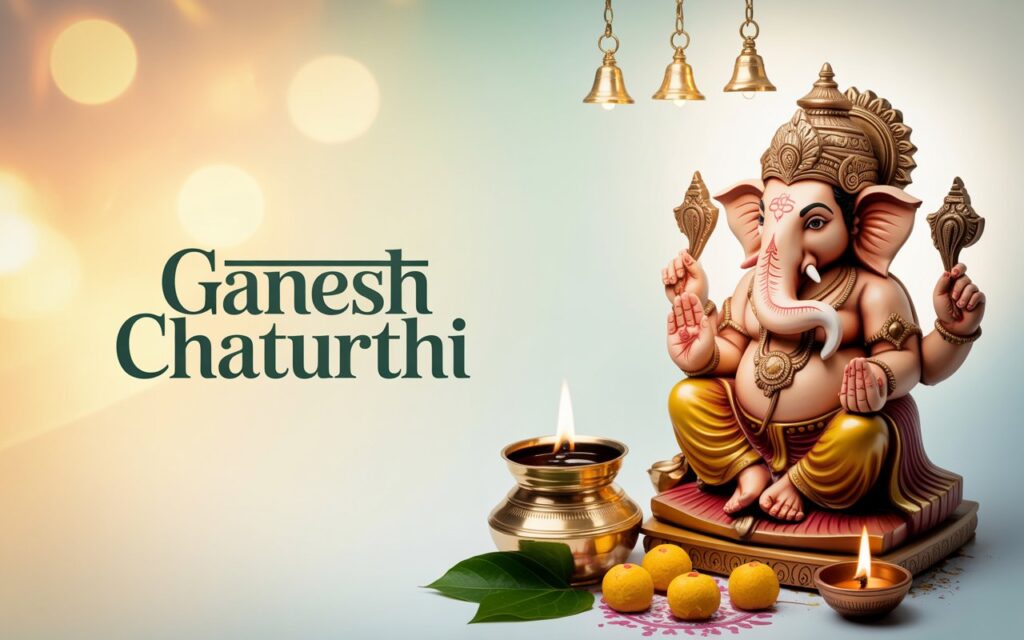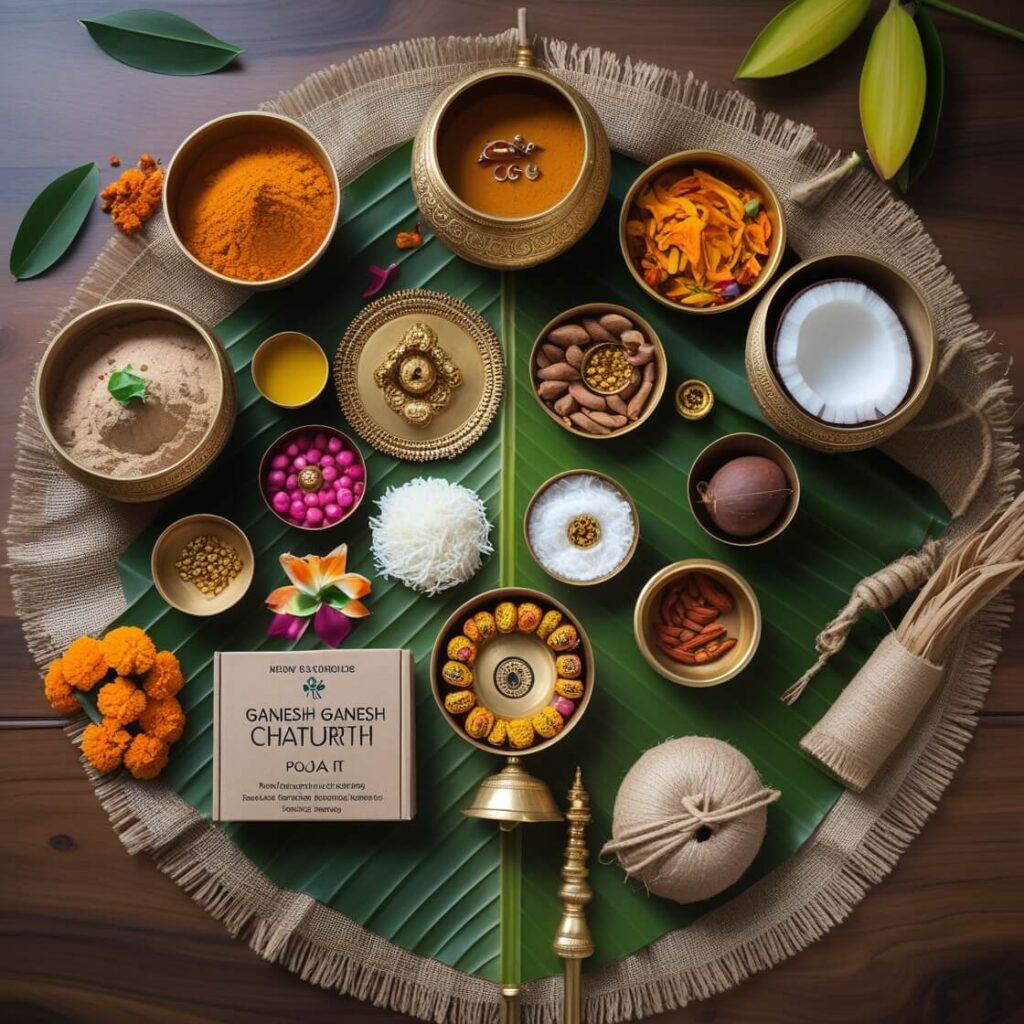Introduction
Ganesh Chaturthi is not just about celebrating the birth of Lord Ganesha—it’s about honoring tradition with rituals that carry deep symbolic meaning. One of the most sacred rituals involves offering 21 types of patri (leaves) to Lord Ganesha during pooja. These sacred leaves are more than mere plants; they embody divine energies and cosmic symbolism.
Why 21 Leaves?
The number 21 symbolizes completeness and abundance. Offering 21 different leaves signifies the offering of one’s entire self—mind, body, and soul—to Lord Ganesha. According to the scriptures, this act of surrender helps remove all obstacles and invokes divine blessings.
List of 21 Sacred Patri Leaves
Each leaf is considered sacred and has a unique significance. Here are some examples:
Tulasi (Basil): Symbol of purity and devotion
Bilva (Bael): Represents Lord Shiva and removes negativity
Durva Grass: Lord Ganesha’s favorite, signifies long life
Amrutapatri (Giloy): Promotes good health
Devadaru (Cedar): Invokes divine protection
These leaves are collected from nature, washed, and offered with mantras that honor their spiritual energy.
Ritual Process
During the Ganesh pooja, each leaf is placed at the feet of the idol while chanting specific mantras. The offering is made with the belief that Lord Ganesha accepts the devotion behind it, not just the physical form.
Steps:
Clean and arrange the 21 leaves.
Place them one by one at the idol’s feet.
Chant respective names or slokas during each offering.
Complete the pooja with aarti and prasadam.
Modern-Day Relevance
Today, it’s difficult to find all 21 patri leaves in one place, especially in urban areas. That’s why Vigneshwara Pooja Kit includes a pre-packaged, fresh set of all 21 sacred leaves sourced locally in Hyderabad—ready to use with no stress.
This approach not only preserves our traditions but also helps younger generations connect with the true essence of the festival.
Conclusion
The 21 patri leaves remind us that spirituality lies in the details. When we perform rituals with awareness and devotion, we’re not just following tradition—we’re living it.


